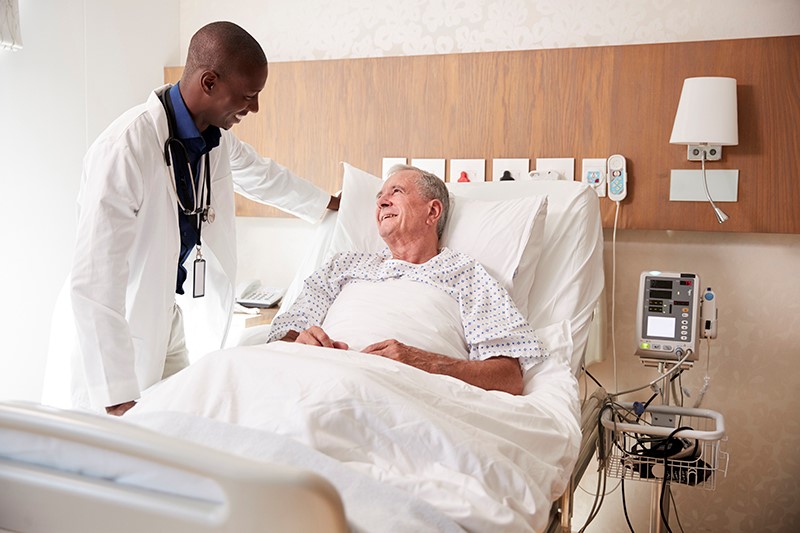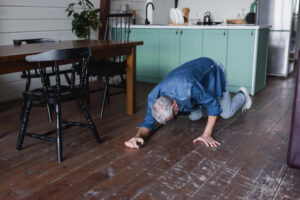There are many reasons older adults may need to stay at a hospital for an extended period. Some may need specialized treatment after falling and breaking a bone. Others may need surgery that requires a lengthy hospital stay. No matter what treatment you or your loved one receive at the hospital, what you do afterward is essential for experiencing the best treatment outcome.
At Elder Care Alliance, we always recommend patients carefully follow aftercare instructions when released from the hospital. Often, rehabilitation and physical therapy services are required to help patients progress on their recovery journey. Here are some services that may be recommended to you or a loved one to facilitate recovery after a hospital stay.

Wound Care
If you or an older loved one has a physical wound that won’t heal properly, you may need to receive specialized wound care after your hospital stay. Some examples of stubborn wounds that often require extra care include bed sores and pressure ulcers. Depending on the type of wound, you may need to receive antibiotics, vacuum pumps, or a combination of treatments.
Physical Therapy
After prolonged periods of rest in a hospital due to injury or illness, losing some muscle strength, mobility, and flexibility is natural. Physical therapy may be necessary after a hospital stay to restore all these things and help patients regain their independence. Your physical therapy plan will be unique and customized to your needs and treatment goals.
Respiratory Care
If you spend time on a ventilator, you’ll likely need specialized care after leaving the hospital. Your care may include respiratory therapy to help you regain lost pulmonary and lung strength. The goal of treatment is to help you gradually come off the ventilator and learn how to breathe successfully on your own once again.
Occupational Therapy
Occupational therapy may be necessary for those who have lost some motor skills necessary to perform everyday tasks. For example, suppose you can no longer groom yourself effectively, use the restroom, or maintain good hand-eye coordination after a hospital stay. In that case, occupational therapy may be the next recommended step in your recovery plan.
Speech Therapy
Speech is easy to take for granted until the ability to communicate clearly eludes you. Many people struggle to swallow normally and use their voice after being on a ventilator for an extended period. Speech therapy can help affected patients learn how to speak, drink, and eat a regular diet again.
Nutrition Monitoring
It’s common for a registered dietitian to monitor patients’ diets and help them transition to their body’s active caloric requirements after an extended stay in the hospital. Eating nutritious foods and consuming sufficient calories for your body’s energy requirements are important factors in any patient’s recovery after an extended stay in the hospital.
What you do after you leave the hospital is just as important as the care you received while you were there. Contact Elder Care Alliance to learn more about the post-hospital recovery options like our Mercy Care Center available after your hospital stay.




















